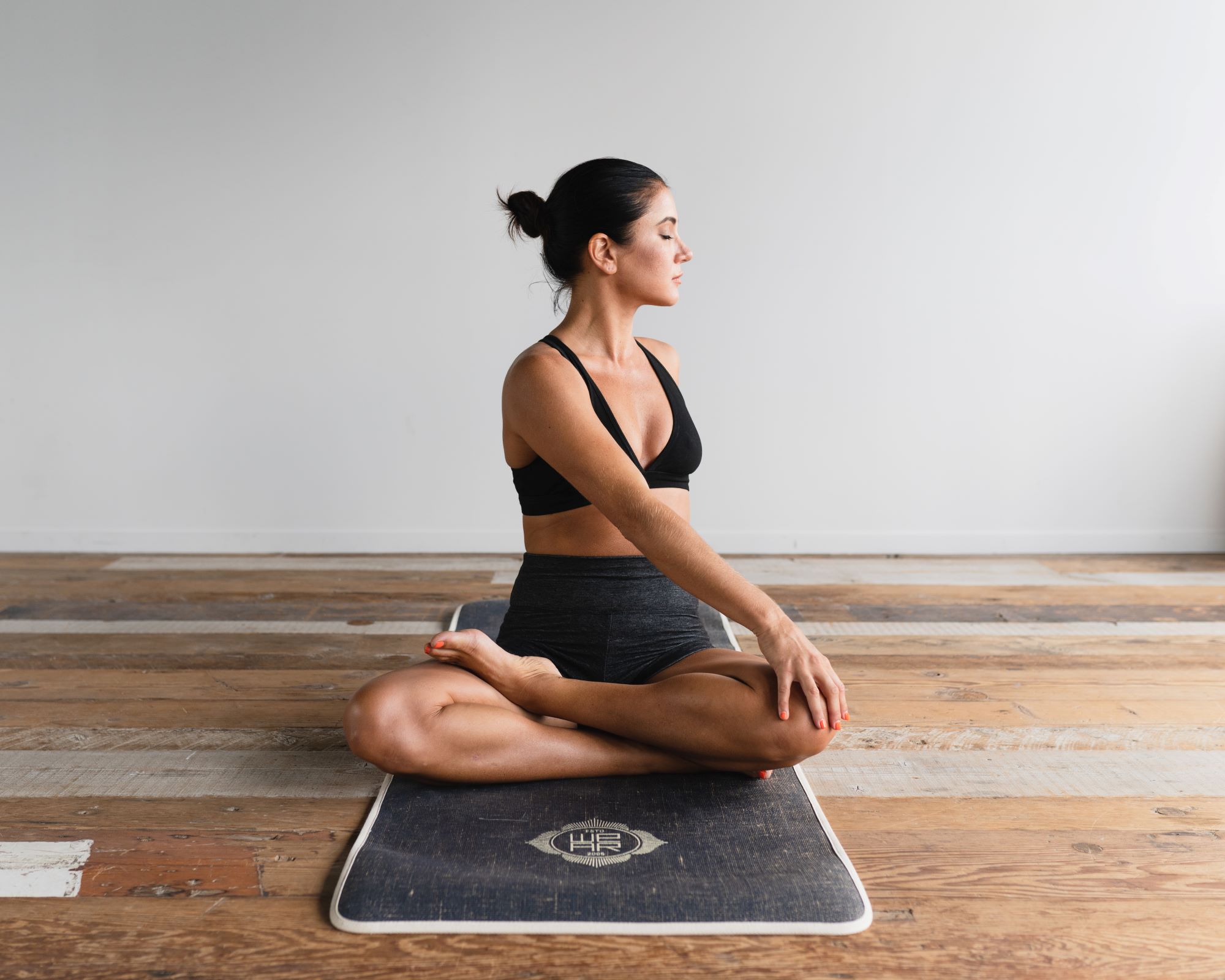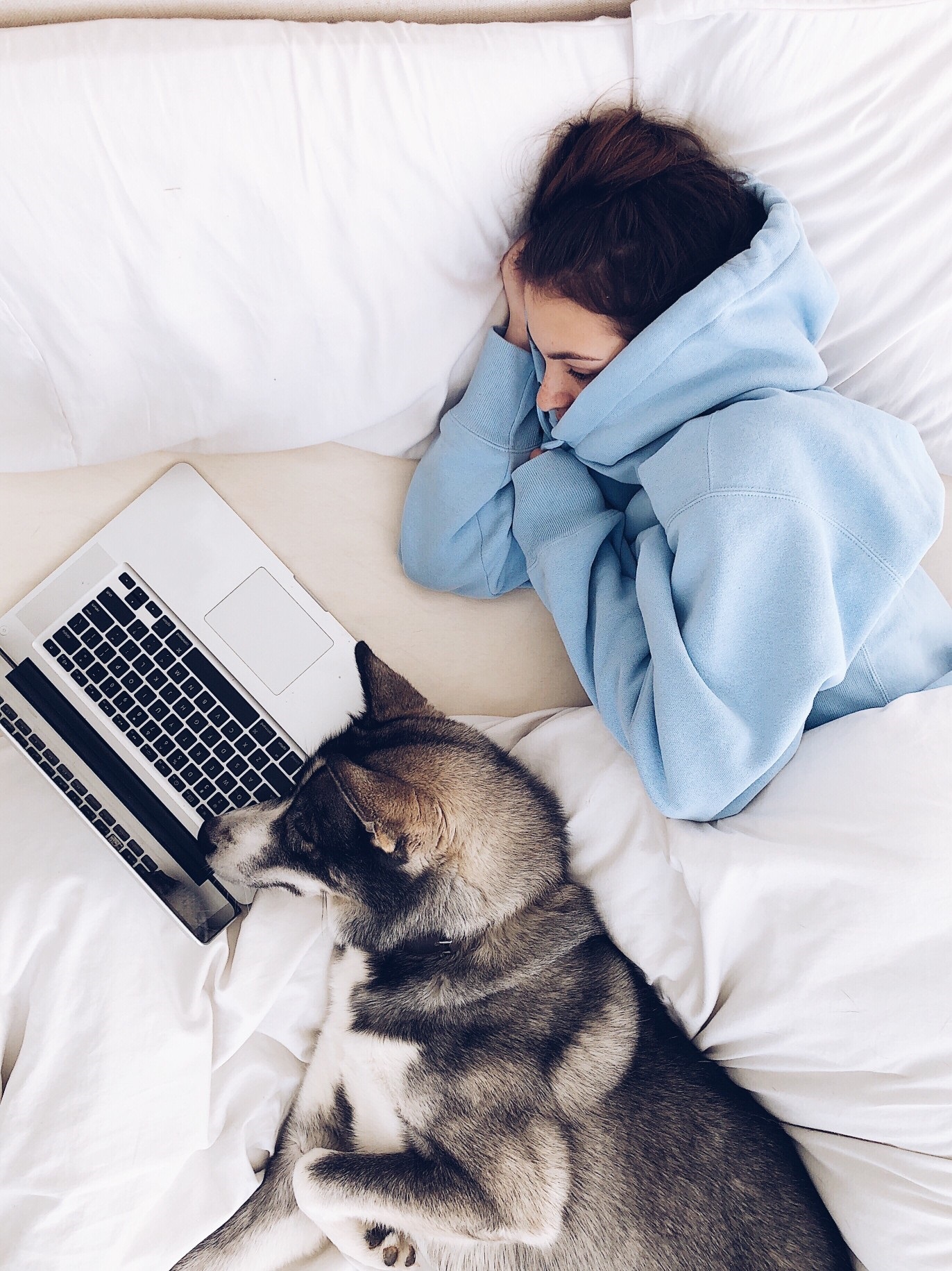Choosing the right oil for cooking can have a big impact on the flavor and nutritional value of your meals. While some oils are known for their heart-healthy benefits, others can add unique flavors and specific health advantages to your dishes. In this blog post, we’ll explore the health benefits of some of the most popular culinary oils, including olive, avocado, coconut, and others, to help you make informed choices for your kitchen. Olive Oil: The Heart-Healthy Classic Olive oil, especially extra virgin olive oil (EVOO), is a staple of the Mediterranean diet and has been celebrated for its health benefits for centuries. Health Benefits: Best Uses: Olive oil is ideal for salad dressings, drizzling over vegetables, or low- to medium-heat cooking. Use extra virgin olive oil for its robust flavor in cold dishes and light sautéing. Avocado Oil: Nutrient-Dense and Versatile Avocado oil is another excellent oil that’s growing in popularity due to its nutritional profile and versatility. Health Benefits: Best Uses: Avocado oil has a high smoke point, making it ideal for high-heat cooking, such as grilling, roasting, and frying. Its mild flavor also makes it a great option for salad dressings or drizzling over vegetables. Coconut Oil: A Unique Source of Medium-Chain Triglycerides (MCTs) Coconut oil has garnered attention for its distinctive composition, particularly its high content of medium-chain triglycerides (MCTs), which provide unique health benefits. Health Benefits: Best Uses: Coconut oil works well in baking, sautéing, and frying due to its high smoke point and rich flavor. It can also be used in curries or added to smoothies for an energy boost. However, use it in moderation due to its high saturated fat content. Flaxseed Oil: A Plant-Based Source of Omega-3s Flaxseed oil is prized for its high concentration of alpha-linolenic acid (ALA), a plant-based omega-3 fatty acid, which is essential for heart health. Health Benefits: Best Uses: Flaxseed oil should not be heated, as it has a low smoke point. Use it in salad dressings, drizzled over cooked vegetables, or mixed into smoothies. Store flaxseed oil in the refrigerator to prevent it from going rancid. Sesame Oil: Flavorful and Rich in Antioxidants Sesame oil is a flavorful oil commonly used in Asian and Middle Eastern cuisines. It comes in two varieties: light sesame oil and toasted sesame oil, each with distinct uses. Health Benefits: Best Uses: Light sesame oil is good for stir-frying and sautéing due to its higher smoke point. Toasted sesame oil has a strong, nutty flavor and is best used as a finishing oil or in dressings and marinades. Grapeseed Oil: A Mild and Heart-Healthy Option Grapeseed oil is a byproduct of winemaking and is known for its light, mild flavor and high polyunsaturated fat content. Health Benefits: Best Uses: Grapeseed oil has a high smoke point, making it great for frying, sautéing, and roasting. Its mild flavor makes it a good choice for salad dressings or as a base for homemade mayonnaise. Walnut Oil: Nutty Flavor and Omega-3s Walnut oil is less commonly used in cooking but is highly valued for its omega-3 content and rich, nutty flavor. Health Benefits: Best Uses: Walnut oil is best used as a finishing oil in salads, drizzled over vegetables, or added to baked goods. It has a low smoke point, so it’s not ideal for high-heat cooking. The right culinary oil can enhance not only the flavor of your dishes but also your health. Whether you’re looking for heart-healthy options like olive or avocado oil, energy-boosting coconut oil, or omega-3-rich flaxseed and walnut oils, each oil brings unique benefits to the table. By choosing a variety of oils and using them appropriately in your cooking, you can optimize both the taste and the nutritional value of your meals.






